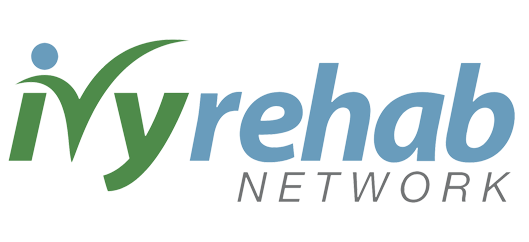Partnership in Prescribing

Partner with household members when taking opioids. Ask a trusted household member or other friend or family member to help you manage your medication. You might invite this person to speak with you and your doctor or pharmacist about signs of opioid overuse. Your advocate should voice any concerns about your opioid use.
Advocates can watch for signs of opioid dependence such as:
- Appearing to be unusually energetic or the opposite: tired and sedated.
- Sleeping a lot more or less than usual.
- Taking opioids “just in case” rather than for severe pain.
- Having mood changes.
- Having changes sleep patterns.
- “Losing” medication, so a new prescription must be written.
- Getting into dangerous situations.
- Having decreased work or school performance.
If you are prescribed naloxone, have your provider or your pharmacist teach household members how to administer the medication as well.

© 1998-2024 Mayo Foundation for Medical Education and Research (MFMER). All rights reserved

Sign up for Updates
To stay up to date please provide your email address.
-
By giving us your email you are opting-in to receive news and promotions
Sign up for Updates
To stay up to date please provide your email address.
-
By giving us your email you are opting-in to receive news and promotions






